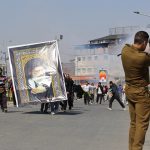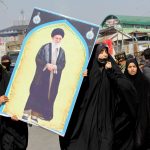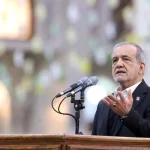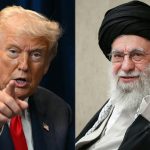
The World Health Organization and the Commonwealth of Nations issued a joint plea Monday for vulnerable small states to get better access to COVID-19 jabs to help revive their economies.
WHO chief Tedros Adhanom Ghebreyesus and Commonwealth head Patricia Scotland met at the UN health agency’s headquarters in Geneva to sign an agreement focused on ending the pandemic and combating vaccine inequity.
“The impact of the pandemic will be felt for decades, especially among the most vulnerable,” Tedros said.
“The longer the pandemic drags on, the worse those impacts will be.”
The WHO wants 70 percent of the population in each country fully vaccinated by the end of June.
Tedros said that so far, 42 percent of Commonwealth citizens had been fully vaccinated, but only 23 percent across its African member states. Scotland noted that 32 of the world’s 42 small states are in the Commonwealth.
“At current global vaccination rates, we could vaccinate the entire population of these states within two or three days,” she said.
Born out of the British empire, the Commonwealth brings together around a quarter of the world’s countries and a third of the world’s population.
“Equitable access to vaccines, especially for small and vulnerable countries, is the most pressing political, economic, social and moral priority,” Scotland said.
Besides the pandemic, the WHO-Commonwealth memorandum of understanding focused on promoting universal health coverage and primary health care, strengthening health security and exchanging innovation and knowledge.
The Commonwealth includes developed nations such as Britain, Canada and Australia, along with emerging economies like India, Nigeria and Malaysia and small island states such as Tuvalu and Barbados.






